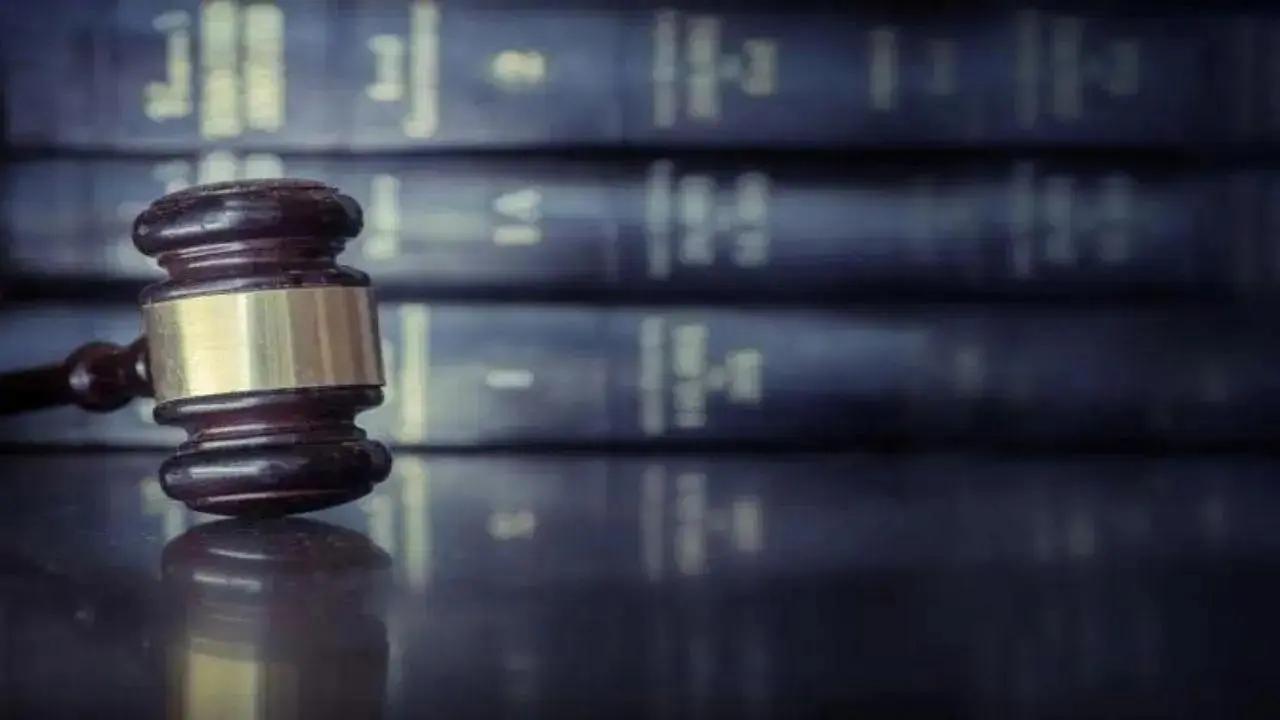The issue was raised by former chairman of the BCMG and member advocate Gajanan Chavan, who highlighted the issues faced by women in courts during the meet on Thursday

Representative image
There is a need for reservation for women in bar councils across India, speakers at the conference organised by the Bar Council of Maharashtra and Goa (BCMG) said.
ADVERTISEMENT
The issue was raised by former chairman of the BCMG and member advocate Gajanan Chavan, who highlighted the issues faced by women in courts during the meet on Thursday.
Women advocates, litigants and judges faced several hardships and their situation was precarious, he said, adding that reservations should be provided for them in the councils across the country.
As many as 2,10,000 members were on roll of the BCMG and of these, 66,000 were women. But their representation was far from satisfactory, Chavan said.
The government should amend the law and Constitution to provide reservation for women in the bar councils and at least three seats should be reserved for them, he said.
Addressing the meet, the vice chairman of the Bar Council of India S Prabhakaran said that the situation was the same everywhere in the country, where the courts lagged infrastructure facilities.
Maharashtra Minister Uday Samant in his address offered a plot of land in Thane for the BCMG, and said that land was also being offered for setting up a law university in Mumbai.
Union MoS Kapil Patil in his address said that he, along with the two other ministers, will surely resolve the issues cited at the conference. He said that there was a similarity between him and Justice Oka. He was the first one from Thane district to get berth in the Union cabinet and Justice Oka was the first one from the district to be appointed to the Apex court he said.
This story has been sourced from a third party syndicated feed, agencies. Mid-day accepts no responsibility or liability for its dependability, trustworthiness, reliability and data of the text. Mid-day management/mid-day.com reserves the sole right to alter, delete or remove (without notice) the content in its absolute discretion for any reason whatsoever.
 Subscribe today by clicking the link and stay updated with the latest news!" Click here!
Subscribe today by clicking the link and stay updated with the latest news!" Click here!







